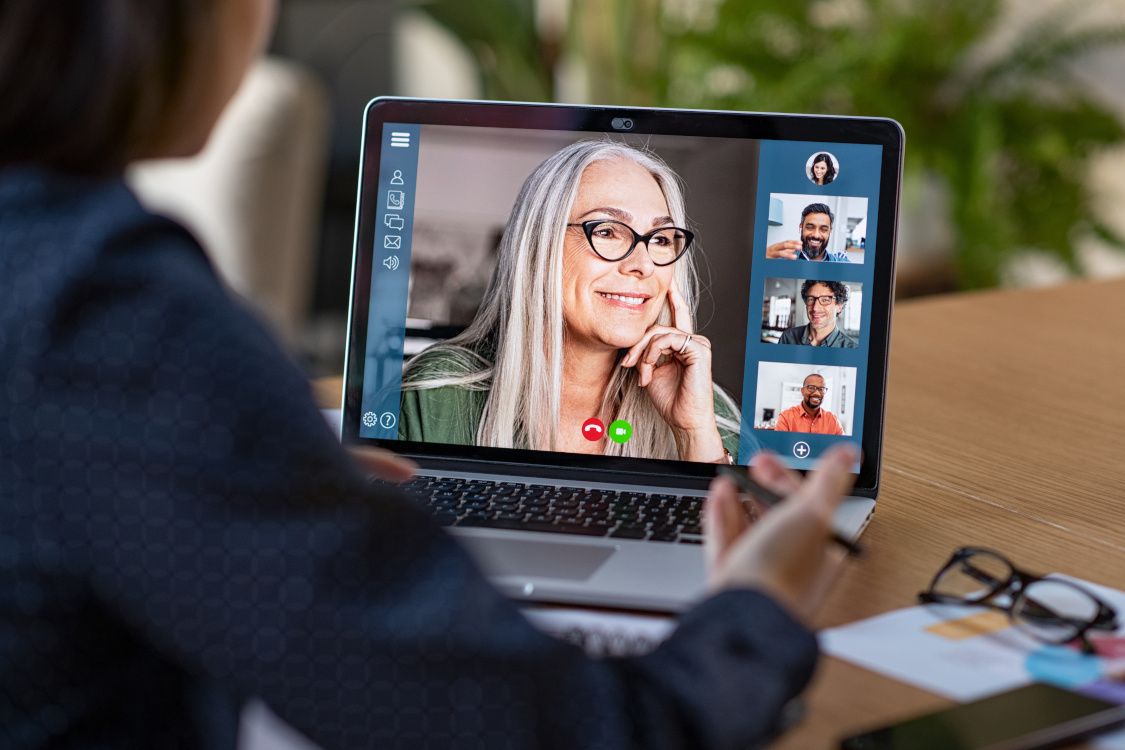Nutritional Outlook talks to AHPA ahead of its 9th Botanical Congress
Nutritional Outlook spoke to AHPA’s vice president of marketing and engagement, Amber Bennett, to learn more about the event’s agenda, and what one can expect to learn from attending.
Photo © AdobeStock.com/Rido

The American Herbal Products Association (AHPA; Silver Spring, MD) will be holding its 9th Botanical Congress virtually on May 24, from 7:30 am to 3 pm Pacific Time. Nutritional Outlook spoke to AHPA’s vice president of marketing and engagement, Amber Bennett, to learn more about the event’s agenda, and what one can expect to learn from attending. Registration for the event can be found here.
Nutritional Outlook: No big surprise, the theme of AHPA’s upcoming Botanical Congress is “Botanicals in the Time of COVID.” Reflecting on the past year, how would you rate the industry’s response to the pandemic? How does the agenda of the upcoming Botanical Congress hope to build on the hard lessons learned during the past year?
Amber Bennett: Actually, the theme was a little bit of a surprise to some of us, but it’s worked out perfectly. This is the first time that we’ve actually themed the Botanical Congress, and credit for that goes to our members. The AHPA Education Committee works with Natasha Weaver, our director of education, to plan the agenda, and that committee thought it was important to embrace the impact of the pandemic and not gloss over what everyone has been through this year, from a business perspective.
It’s no surprise that those companies with strong relationships with their raw material and ingredient suppliers managed to be in the best position to fulfill consumer demand, especially for products like elderberry and ashwagandha. Consumer interest in health and botanicals—especially those ingredients that consumers associate with immune health—rose during the pandemic and we hope both trends will continue beyond. The natural products industry is resilient, and we were impressed by companies who were especially resourceful, using their manufacturing plants to make hand sanitizer, helping their communities, and watching out for their employees’ needs. AHPA was the first to announce we were going full-on virtual in 2020 and we know our members appreciated that. Everyone looked for ways to adapt and ensure there was as little business disruption as possible.
We’ll address some of these issues—like supply chain demand and sustainability—during the AHPA Botanical Congress so the industry can share and learn from colleagues how to best move forward in an effort to emerge from COVID as a healthier community.
Dr. Cara Welch will be kicking off the Botanical Congress this year. What do you believe are the most pressing insights attendees hope to hear from the acting director of ODSP?
Having Dr. Welch open the Botanical Congress is a big draw for our attendees. We expect her to provide insight on how the Agency’s need to re-prioritize because of COVID affected the botanical industry this year, in terms of inspections, the approval of structure/function claims, and NDI notifications. We know that FDA, too, had to make adjustments, and hearing from the agency will help our members (and non-members) better understand the regulatory impact of COVID moving forward.
Will attendees have an opportunity to ask Dr. Welch any questions?
Yes, that’s the plan. Attendees will be able to submit questions directly within the platform using the questions pane. AHPA’s Michael McGuffin is moderating this session, and he’ll field as many questions as time allows.
I was pleasantly surprised to see that AHPA will be addressing the pandemic’s impact on North American traditional healers. It’s a topic that I’ve personally failed to consider, and others may have as well, but there must be an inexorable link between herb/botanicals and naturopaths such those of indigenous communities. Can you elaborate briefly on the relationship between botanical manufacturing and indigenous healers, and why it should interest attendees?
This session really does provide kind of a poignant moment for so many of us. There was so much sadness during COVID, and by inviting leaders from communities that have a rich and historical connection to botanicals, to hear their stories, just seemed like the right thing to do. It adds a human element to the day. I think for all of us, it will be a real “listening” session and one that may be emotional. There’s such a deep appreciation in this industry for the historical context of botanicals and herbals and the Native American indigenous culture and communities. There is much to be learned from this session about treasuring the industry’s historical roots.
While the situation seems to be improving somewhat, domestically, the situation globally is inconsistent. What would you say are the most pressing global regulatory and supply chain issues being addressed by the Botanical Congress?
Likely things that are similar to what we experienced in the States: upended supply chains, the highlighted need for supply chain transparency and sustainability, the human toll on businesses, regulatory re-prioritization. Even now our colleagues in countries like India are still feeling the devastation from COVID. And of course, India is a country where vast quantities of botanicals are sourced. So, many in our industry have business connections and personal connections and our hearts go out to the people of India. The international regulatory landscape has changed due to COVID. Everything has changed and now we have to address how we integrate what we learned this past year into how we move forward as an industry.
Senate Committee has released the text of 2024 Farm Bill, with changes to hemp regulations
November 19th 2024The U.S. Senate Committee on Agriculture, Nutrition, & Forestry has introduced the Rural Prosperity and Food Security Act, which will serve as the Senate’s draft for the 2024 Farm Bill.